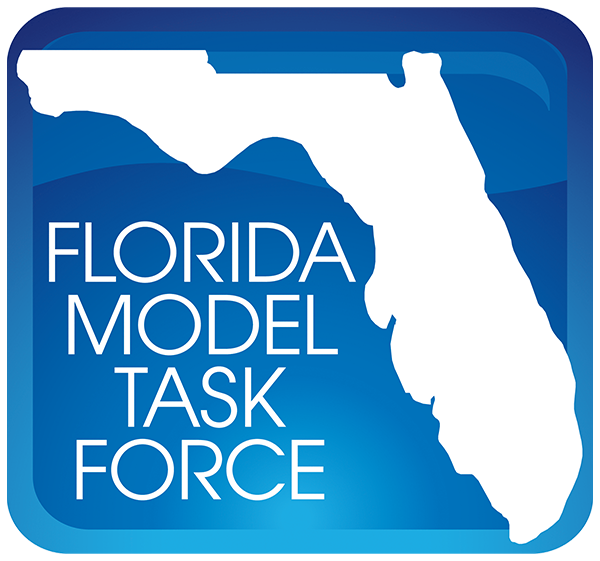

Posted Wednesday, January 02, 2002
This document provides a high-level overview of the features of the TRANSIMS software package that were used in the Portland Case Study. As TRANSIMS-DOT was not completed during the period covered by this project, the project team had to perform the case study in collaboration with Los Alamos National Laboratory and Portland Metro using the Portland area databases.
Posted Wednesday, January 02, 2002
Every year, the Florida Department of Transportation (FDOT) and many local and regional agencies conduct a large number of transportation planning studies. These studies are critical to the development of the transportation system in the state because they are useful in the identification of needs and prioritization of transportation improvement projects. Transportation planning studies, such as the long range transportation plan updates undertaken periodically by metropolitan planning organizations in each urbanized area, provide information that guide billions of dollars in transportation investment.
Posted Tuesday, January 01, 2002
Posted Sunday, December 02, 2001
Posted Friday, November 02, 2001
In recent years, urban policymakers, faced with the growing and complex problems of air pollution and traffic congestion have begun to ask for more sophisticated decision-making tools, including models to forecast travel demand and its effect under various circumstances. Discrete choice models have played an important role in transportation modeling for the last 25 years. They are used chiefly to provide a detailed representation of the complex aspects of transportation demand, based on strong theoretical justifications.
Posted Wednesday, August 01, 2001
Posted Friday, March 02, 2001

